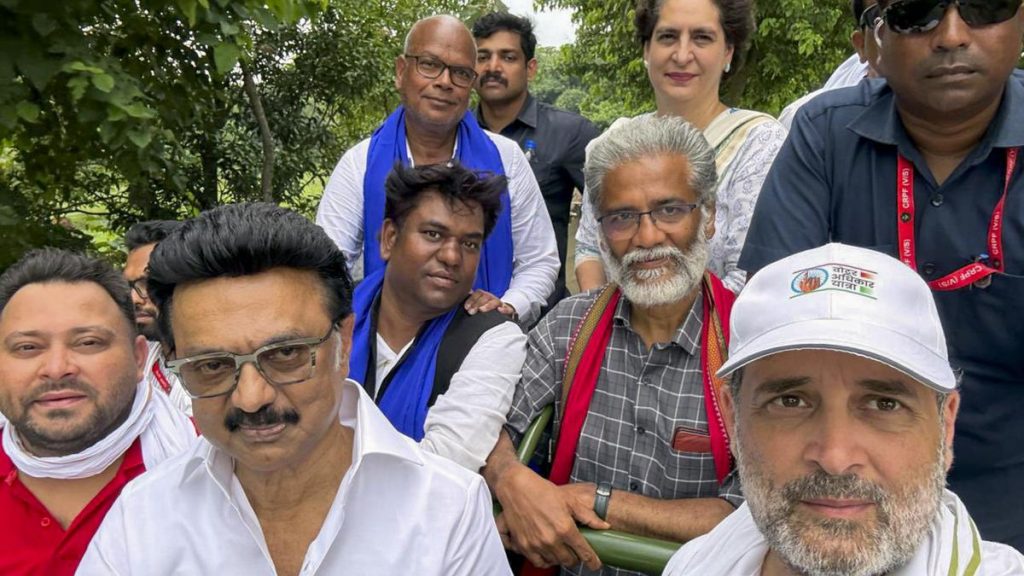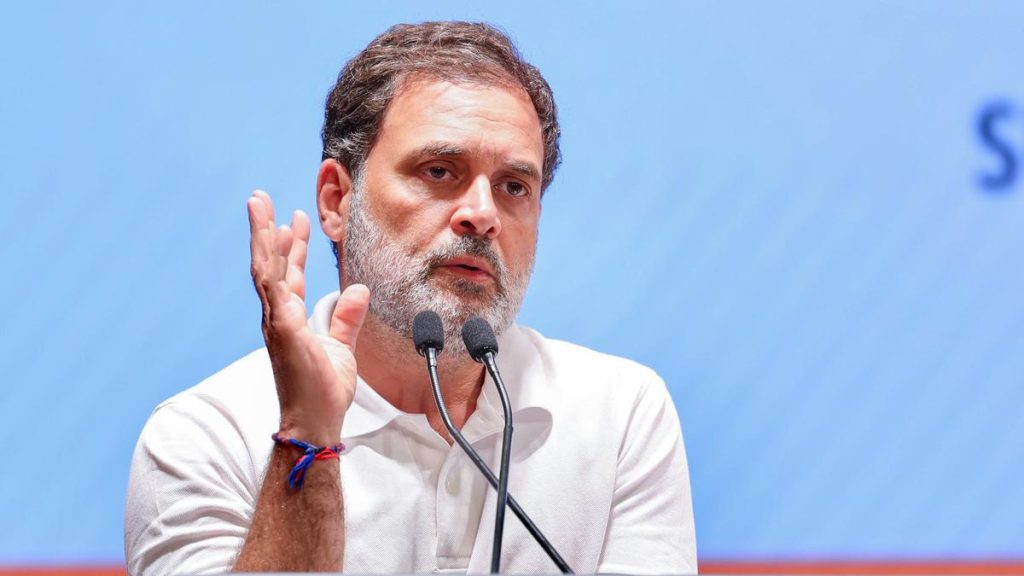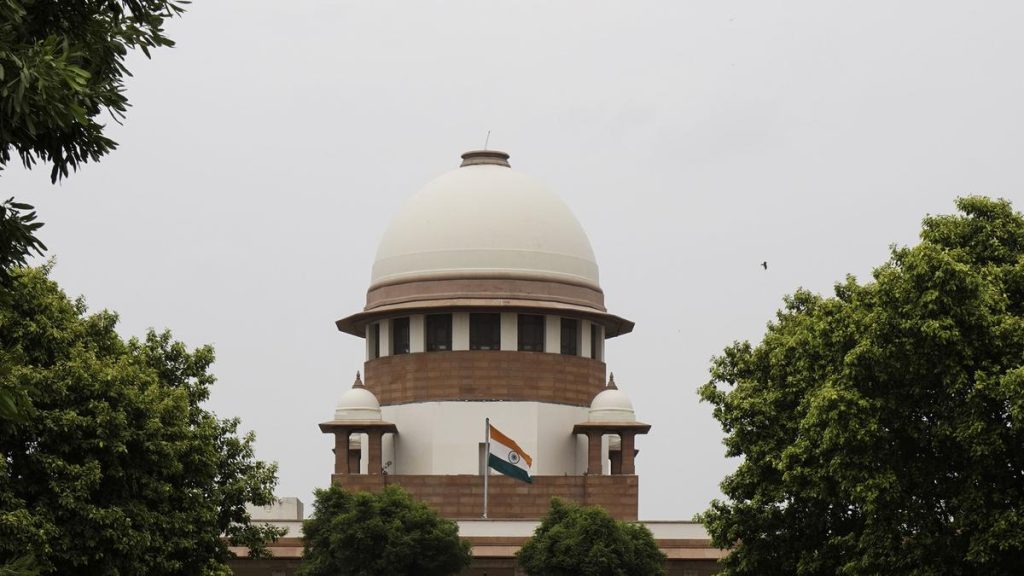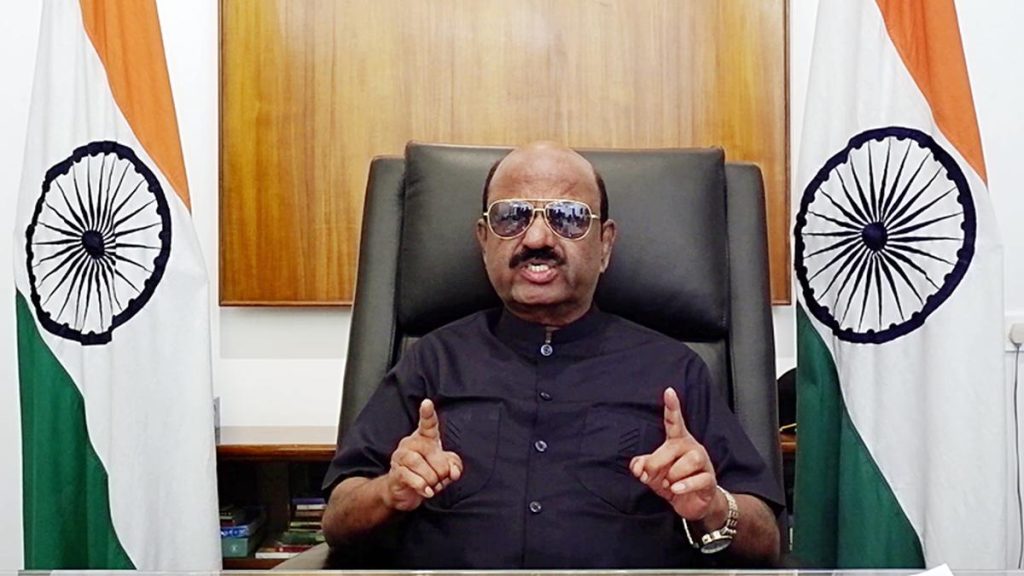Now Reading: Cabinet Meets Today: BCs Await Decision on 42% Reservation Policy
-
01
Cabinet Meets Today: BCs Await Decision on 42% Reservation Policy
Cabinet Meets Today: BCs Await Decision on 42% Reservation Policy

Rapid Summary
- The Telangana Cabinet is set to meet on Thursday, July 10, to discuss the implementation of 42% reservations for Backward Classes (BCs) in local body elections.
- This is the first Cabinet meeting after the government’s indication that local body elections would be conducted soon.
- Chief Minister A. Revanth Reddy has urged party leaders and Ministers to focus efforts at the village level for electoral success while leaving candidate selection to his judgment.
- Discussions may involve amending the Telangana Panchayat Raj Act of 2018 either through an Ordinance or a special session in the Legislative Assembly to address legal hurdles around increased reservation quotas.
- concerns remain over potential legal challenges due to the Supreme Court-imposed ceiling of 50% total reservations unless amendments are made at central levels.
- A review by an Autonomous committee led by Justice Sudarshan Reddy has completed its study on caste survey data; findings apparently endorse enhanced reservation quotas based on backwardness assessment parameters.
Indian Opinion Analysis
The proposed move toward increasing BC reservations in local body elections marks a important policy action aimed at addressing ancient underrepresentation. If implemented, it could provide greater political inclusivity for backward castes, aligning with demands from communities largely overlooked in governance structures thus far.
Though, legal challenges loom as potential barriers owing to India’s broader constitutional framework mandating a reservation limit of 50%. Unless resolved either through judicial interpretation or central-level amendments, court intervention could stall progress. Additionally, organizing village-level campaigns ahead of elections signifies strategic foresight but also hints at heightened political competition within rural constituencies.
this decision could have far-reaching socio-political implications if Telangana succeeds in balancing constitutionality and representative enhancement concurrently-offering a potential model for other states grappling with similar issues.
Read more: Link

























